I would like to avoid mentioning the extra-cinematic hype that brought Jeanne du Barry to the Festival de Cannes, which impertinently surrounds and alters the consideration of so many films, updating the circumstances in which they were made or the personal exploits of those responsible for them. This was an argument used by Thierry Frémaux to avoid including Woody Allen‘s latest film, Coup de chance, in his Cannes selection, but it did not prevent him from programming both the film directed by and starring Maïwenn and Le retour, by Catherine Corsini.
So, sticking to what the screen of the opening session of the 76th Festival offered us, I must admit that in an unprejudiced vision I was grateful that in the first few minutes it was possible to expect a certain freshness in a biopic with dizzying hairdos and silly hairdos. Above all a feminine gaze that would be expected from the director of Mon roi —yes, despite being on the blacklist of those who don’t agree with #MeToo—, on one of the most famous courtesans in the world who managed to ease Louis XV’s mourning for his predecessor, another official and favourite mistress Jeanne, Madame Pompadour.
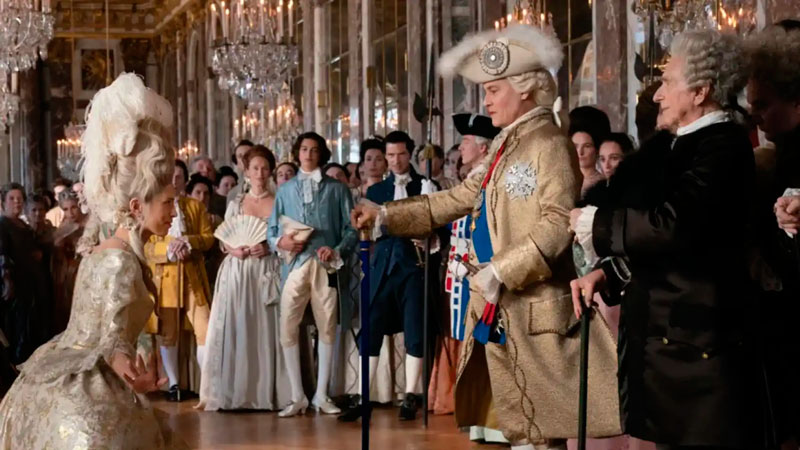
The young Jeanne Bécu, the daughter of a cook and a friar, is shown at the beginning of the film as an intelligent child, whose intellectual curiosity is nurtured by her protectors —Billiard-Dumonceaux and Madame de la Garde, in turn— who teach her to read and contribute to her education. However, with the determinism of her humble birth, life returns her to the place that society has assigned her and where her encounter with the luxury pimp Jean-Baptiste du Barry will give a decisive turn to her biography. Up to this point, we have seen a well-summarised biographical opening, illustrated by an off-screen narrator, we have seen the young woman with a book in her hand at various points, and we have also been shown the price of her safety, along with the pimp who manipulates, assaults and humiliates her, to use her attractiveness with men in her aim to climb the social ladder. Her greatest prey, the King of France, will ultimately be her great triumph.
And from that moment on, everything goes off the rails in the film in which Maïwenn has taken over a juicy role previously played by Norma Talmadge, Martine Carol, Pola Negri, Theda Bara and Dolores del Río. With all the necessary ingredients to revisit and illuminate not only the historical figure but also the toxic context in which this could have taken place, the actress and director chooses a fairy tale that, despite the relative historical fidelity, transforms facts and characters into pop stereotypes, like the happy prostitute in Pretty Woman or the stepsisters in Cinderella, a folkloric archetype that is unfortunate and inconsistent with the first Jeanne that Maïwenn has presented to us.
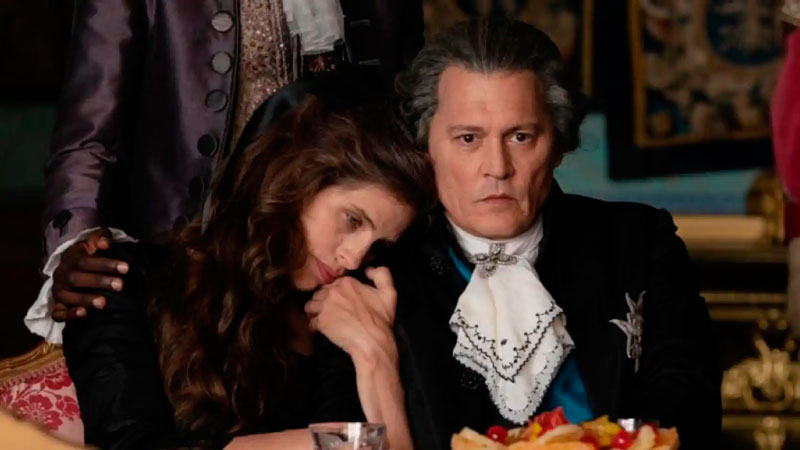
Nor is the script lacking in the uptight servant and right-hand man of the powerful —La Borde (Benjamin Lavernhe), who trains and eventually grows fond of the pupil— but nothing is more irritating than Louis XIV himself, played by a cerulean Johnny Depp, whose best expression is the fruit of his myth. His breathlessness further detracts from a film that could have done with an actor of stature to bring charisma and a personal interpretation of the historical figure to such a conservative, traditional and infantilised approach.
The scenes between the two protagonists suffer from an implausibility only matched by the lack of credibility they display separately. Not a single reliable emotion, despite the tears or the running around the palace or the laughter or the astonishment at the lavish gifts. I am not interested in whether the reluctance is a reflection of their conflicted professional relationship behind the camera —which their clasped hands at the premiere were meant to compensate for— because Depp as the stone guest, Maïwenn as the false ingenue or the whole Versaillesian court of props have forced us to remember that, fortunately, the guillotine adopted by the National Assembly after the Revolution to democratise even the way we die, worked for the last time in 1977.

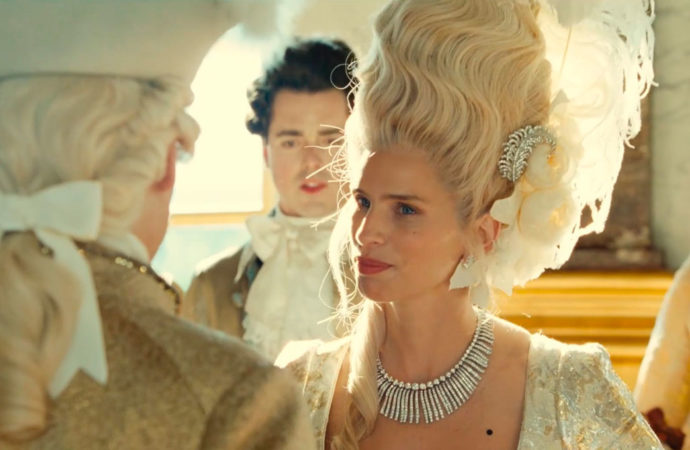

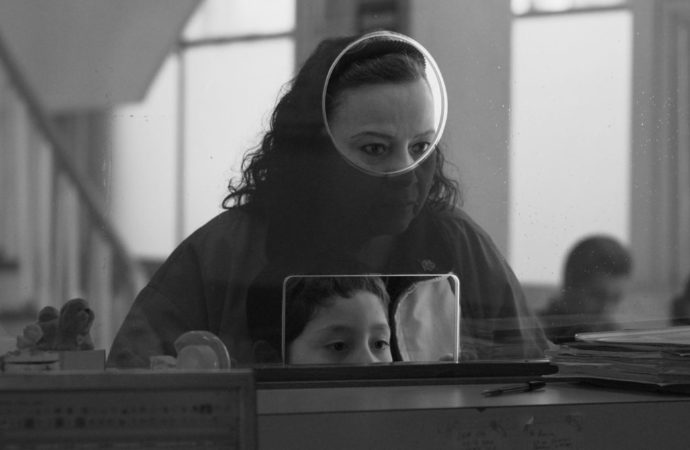
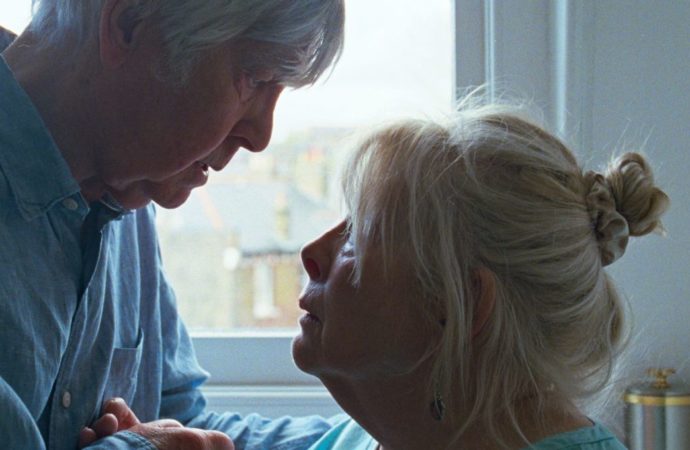
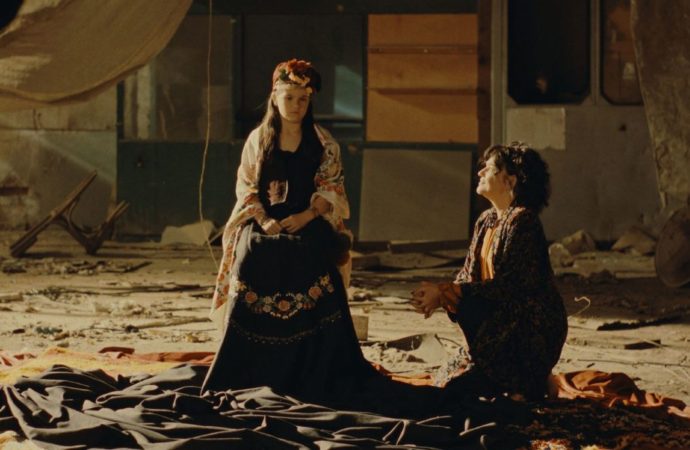
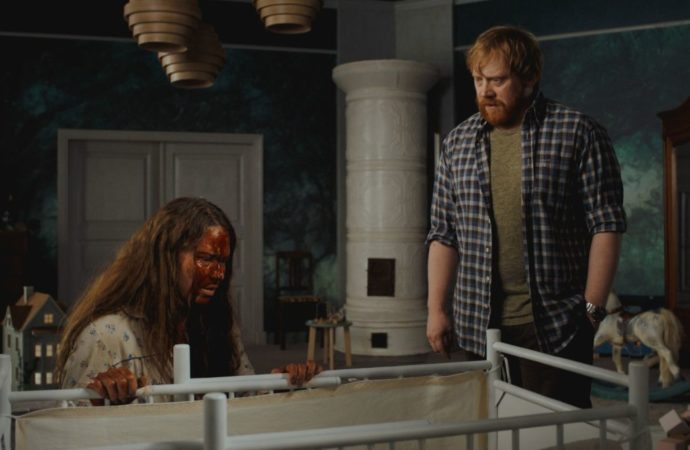
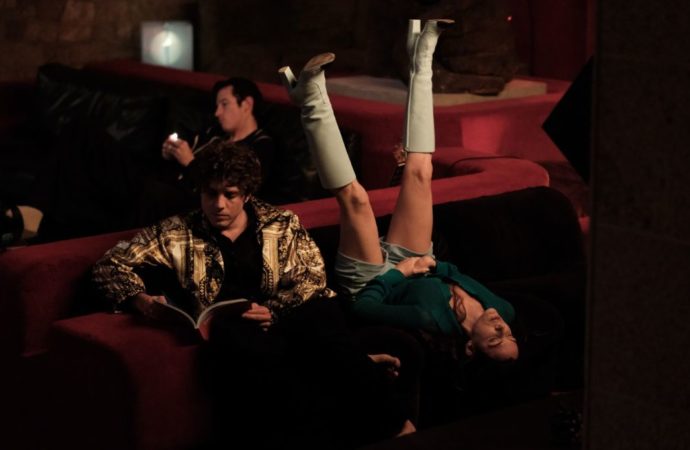
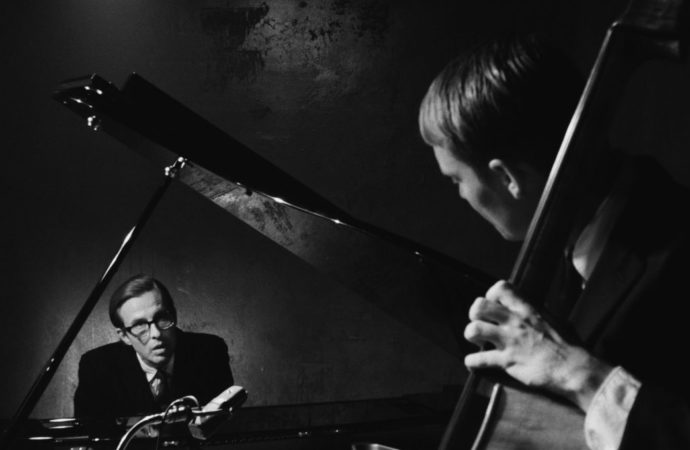
No one has posted any comments yet. Be the first person!